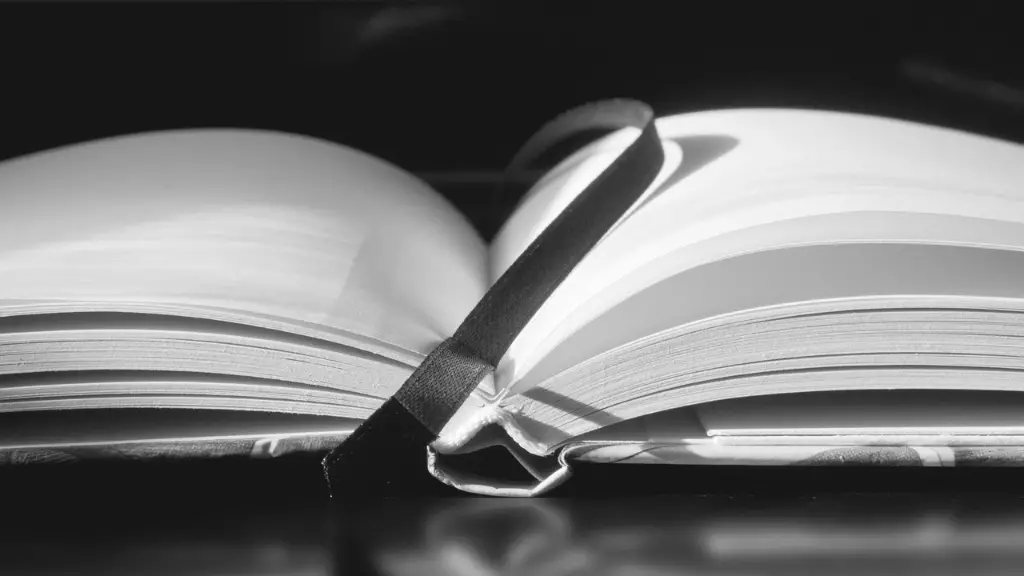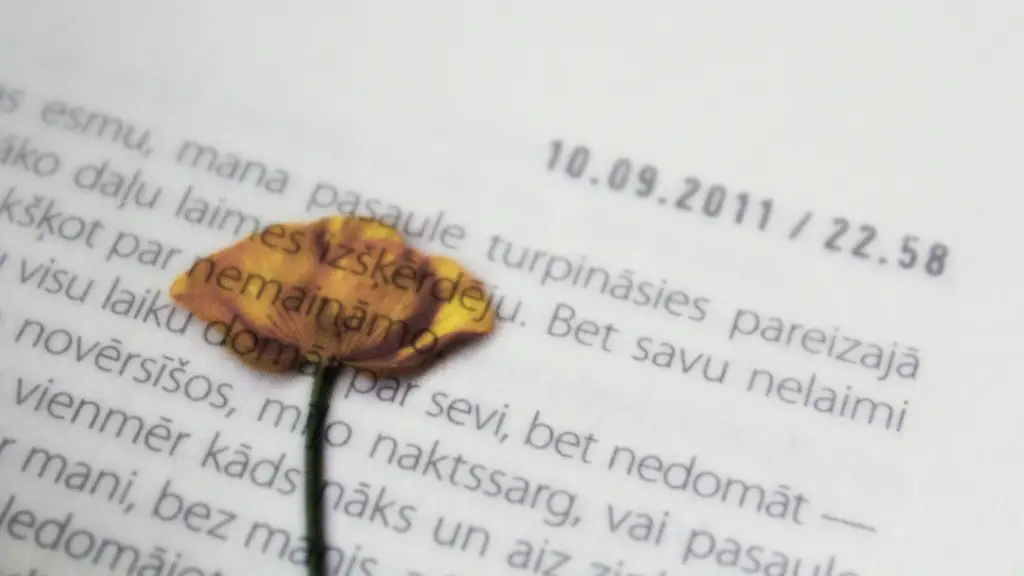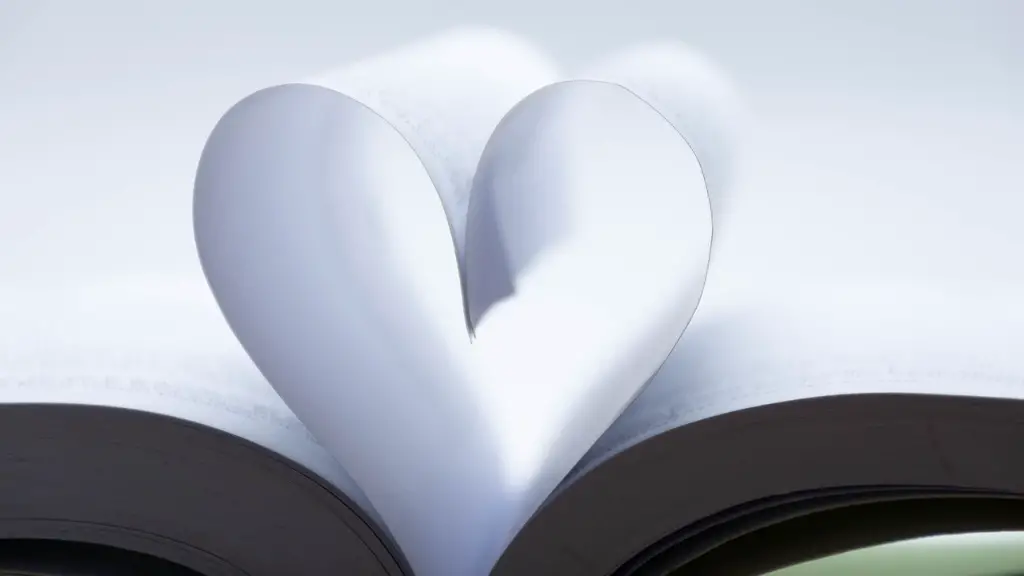The Ancient Times
Poetry is considered one of the oldest forms of literature and the very first poems that remain accessible to us today were written in ancient times. It is believed that poetry was born out of ancient storytelling and oral literature which had accompanied the historical formation of various cultures, even before the invented of written language. The earliest preserved examples of poetry were discovered within the Sumerian culture in Mesopotamia which is believed to date back to 3000 BC. The Sumerian poems are a collection of religious hymns composed in praise of various deities and natural elements. The hymns would usually begin with an invocation of the gods, followed by works of praise, elaborate descriptions of offerings, and a request for favour from the deities.
Another important early source of written poetry is the Epic of Gilgamesh which is an ancient Babylonian epic poem, written in cuneiform on clay tablets. This masterpiece of early literature provides a collection of inspiring stories of gods, goddesses and mortal humans, with an essential theme of morality and justice. It is unclear when exactly the poem was written, although estimates point to 1900 BC or earlier.
The Ancient World: Egypt and India
Moving forward to the early stages of the Ancient World, around 4th century BC in Egypt and 16th century BC in India, we find more developed forms of poetry. In Egypt, the most significant form of poetry was the ancient ‘Incantation’ which was a form of literary expression which incorporated prayers, magical formulas and hymns of praise. This poetic form was strongly associated with the spiritual beliefs and rituals of the ancient Egyptians, being used as a form of protection against malevolent forces and as a way of communication with the divine world.
In India, during the Vedic period, poems known as ‘Vedic hymns’ were composed in honor of the deities of the Hindu tradition. These works of Vedic poetry have certain common characteristics. Firstly, they feature a variety of stanzas that share the same metrical structure but with slightly varied forms of wording and expressions. Secondly, the hymns are addressed to various gods and goddesses of the Hindu pantheon and feature elaborate offerings and invocations in their praise.
The Greek Poets
The next major form of poetry that is often referred to as a direct descendant of the ancient hymns and rituals of praise, is the Greek poetic tradition. Poetry in ancient Greece can be traced back all the way to 2000 BC, when Homer composed his epic poems The Iliad and Odyssey. The written form of these works was not widely heralded until around 1000 BC and they are now known as some of the oldest and most influential works of Western literature. The Homeric metric system, which was used to structure the poems, became the basis of many subsequent poetic forms and is still widely used today.
The Greek dramatists, most notably Sophocles, Aeschylus and Euripides, have also made significant contributions to the history of poetry. These writers produced a wide range of works including tragedies, comedies, satire and lyric poems. It is believed that the first lyric poems were written in the 6th century BC.
Ancient Chinese Poetry
Poetry has also been an important form of literary expression in Ancient China since the Qin Dynasty. Written records of the earliest Chinese poetic works date back to the 5th century BC and the most renowned works include Procreation of Heaven and Earth and the Ballad of Mulan. Procreation of Heaven and Earth is one of the oldest works of Chinese poetry which is believed to have been written by Cui Tianyou in the 6th century BC. The work is a hymn in praise of the gods and it is believed to be a precursor to the later poetic charm tradition. The Ballad of Mulan is an ancient Chinese narrative poem which is believed to have been composed during the Sui Dynasty. This poem is closely connected to the concept of heroism and the importance of patriotism.
Roman Poetry
During the Roman Empire, poetry played an essential role in literary expression and it was seen as a powerful form of creative art accompanied by performance and song. Poetic forms such as epics, lyric poetry and satire flourished during this period and several writers made their mark in history. Virgil, Catullus and Horace are just a few of the renowned Roman poets who wrote their works mainly in Latin.
The Middle Ages
In the Middle Ages, poetry continued to be a major form of literary expression and the works of this period are clearly divided into two main poetic styles. The first is the courtly love tradition which centred around the concept of romantic love. Notable poets of this style include Chretien de Troyes, William Langland and Marie de France who wrote extensively about romance and chivalry. The second tradition was the Christian devotional poetry which mimicked the biblical stories in an effort to inspire piousness in its readers. Poets of this style include Dante, Chaucer and Gower who wrote extensively on topics such as sin and redemption.
The Renaissance
During the Renaissance period, the 14th to 17th centuries, poetry was highly valued as an art form and several new poetic styles developed. These included the Petrarchan sonnet, the madrigal and the art of emblematical poetry. One of the most influential figures of this period was William Shakespeare, whose many works have become classics of English and world literature. Other renowned poets of the Renaissance were Edmund Spenser, Christopher Marlowe and Ben Jonson.
Romanticism
The Romantic period marked an important milestone in the history of poetry and a great number of renowned poets emerged during this period. These poets had a strong connection to nature and focused heavily on emotional topics such as love and loss. Among the most celebrated Romantic poets were William Wordsworth, George Gordon Byron, Percy Bysshe Shelley and John Keats.
Modernism
The Modernist period in poetry was characterised by an increased focus on experimentation, individuality and the breaking of traditional poetic conventions. During this time, many of the renowned poets who emerged made substantial contributions to the development of poetry and literature, including Ezra Pound, T. S. Eliot, W. H. Auden and Hart Crane.
Contemporary Poetry
Today, poetry is still a form of expression which is greatly valued and various poetic forms are actively practiced. Contemporary poets such as Seamus Heaney, Adrienne Rich, Billy Collins, Alice Oswald and Sharon Olds have all made significant contributions to the development of poetry, exploring new ideas and pushing poetic boundaries.
Conclusion
In conclusion, poetry is one of the oldest forms of literary expression, with some of the earliest surviving examples being written over 4000 years ago. Throughout its long history, poetry has remained an integral part of many cultures and has gone on to influence the literary expression of many varied societies.


